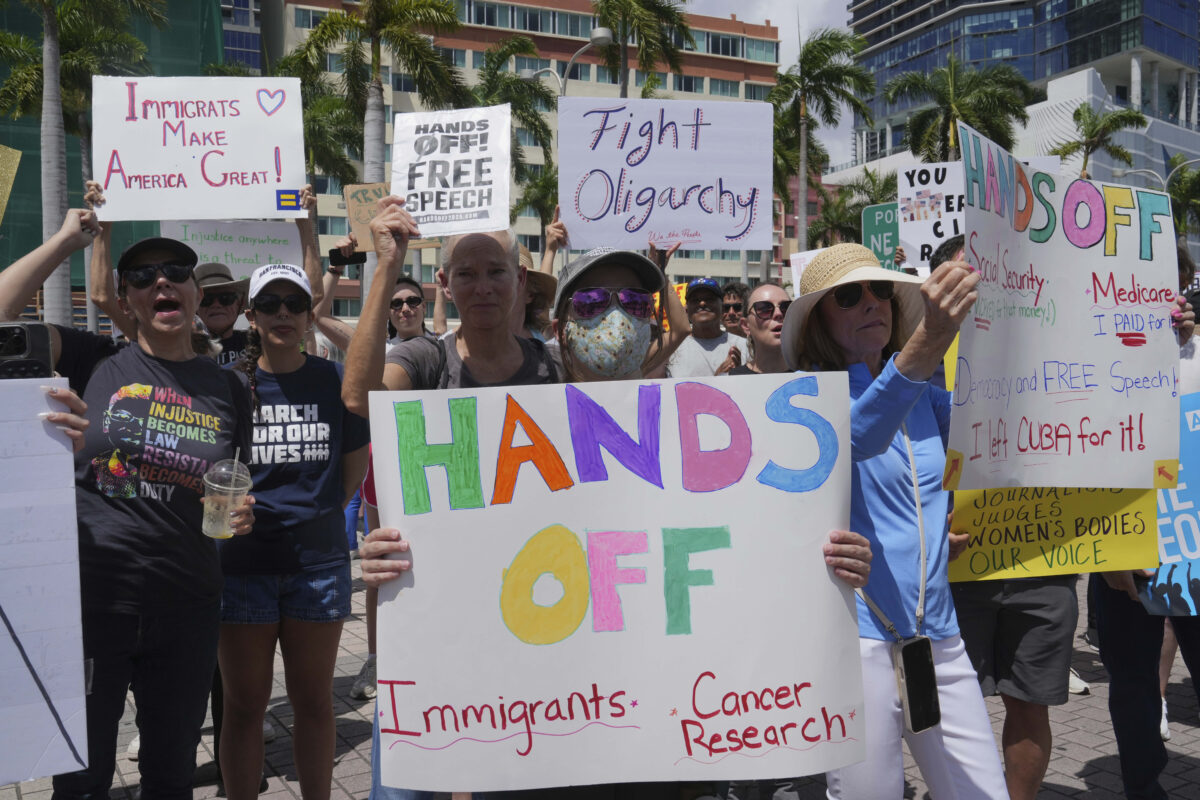Over the years, government employees have stepped forward as whistleblowers, exposing truths hidden by their agencies and superiors. These revelations often carried personal risks but were made because the stakes involved the well-being of an entire nation.
The release of the Pentagon Papers exposed the grim reality of the Vietnam War, revealing how the Pentagon concealed the truth alongside the bodies of countless soldiers from both sides, as well as innocent Vietnamese civilians. During the Watergate scandal, the informant known as «Deep Throat»—an alias borrowed from a popular adult film of the time—provided reporters Woodward and Bernstein with critical information on the Nixon administration’s criminal activities, ultimately leading to Nixon’s resignation.
While some whistleblowers achieve lasting recognition, many face immense challenges after coming forward. No administration welcomes being exposed, whether figuratively «caught with their pants down» or exposed by less savory means.
Today, with Donald Trump reelected amid accusations of lawbreaking, and a Supreme Court that appears complicit, there is an urgent need for whistleblowers. Trump’s return to power seems to neutralize serious legal challenges that would have toppled most public officials.
The Republican Party, once the self-proclaimed “law-and-order party,” has devolved into what some view as a dangerous cult. American voters, it seems, have been deceived again. History will likely record this era as a time when many pledged allegiance to a demagogue, abandoned Christian principles, and dismantled the very laws and policies meant to safeguard the nation—all while pushing for schools to teach the Bible and ignoring its teachings.
The hope now lies in an orchestra of whistleblowers—a chorus of voices across all levels of government who prioritize their love for democracy over party loyalty. These individuals may represent the last remaining guardrails of a democracy teetering on life support.
Activists suggest government employees use voice-activated recorders to capture illegal actions or un-American statements during meetings. Without recording devices, employees should document incidents immediately, share their observations with at least one trusted colleague, and record the names of witnesses or collaborators.
High-ranking officials and cabinet members are likely to break numerous laws, targeting perceived enemies and redirecting critical resources to fund divisive and harmful agendas. Whistleblowers must seek out trustworthy reporters willing to protect their sources, even at great personal risk. Along with verbal testimony, providing documents will be crucial to lend credibility to these revelations.
Reports suggest that this administration is already preparing measures to suppress whistleblowing, such as banning cell phones from sensitive meetings. However, modern technology offers alternatives, with transmitters disguised as pens, earrings, belt buckles, or even embedded in clothing. Whistleblowers must act decisively, documenting unlawful activities to preserve the rule of law.
The initial whistleblowers may feel like small rafts adrift in a dark sea of lies and hatred. But over time, these solitary vessels can unite into a diverse “flotilla” of truth, undeniable in its strength.
Hackers are reportedly working to uncover and document government misconduct, introducing worms into systems at all levels of administration. Their efforts, coupled with investigative journalism, hold the potential to expose the erosion of democracy both domestically and globally.
As someone with government experience abroad, I have witnessed firsthand how lies and misinformation are perpetuated at official meetings. Rational individuals often remain silent and complicit in their inaction.
During my tenure as Peace Corps Country Director in Guatemala under the Carter administration, I confronted Ambassador Frank Ortiz for his failure to address human rights abuses. Ortiz ignored the massacre of indigenous leaders and students by elite Guatemalan forces during a peaceful takeover of the Spanish Embassy—a tragedy that claimed the life of Rigoberta Menchú’s father. This horrific event unfolded just blocks from my home; the stench of burned bodies still haunts my memory.
I quietly blew the whistle when Ortiz sought another ambassadorship, ensuring he did not receive the position. While my actions did not make headlines, they contributed to holding a misguided official accountable.
Whistleblowing is not about revenge or personal gain—it is about providing guardrails to ensure leaders honor the rule of law. Every level of government and business must be held accountable. By raising our voices, we can preserve the integrity of our democracy and safeguard the principles upon which it was founded.







